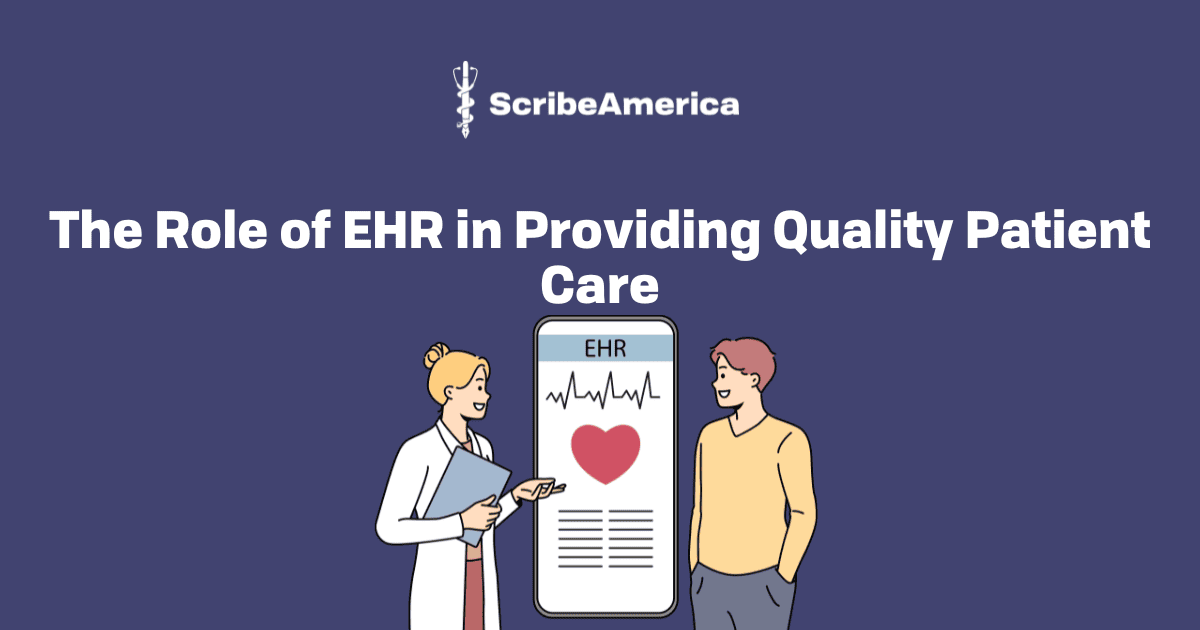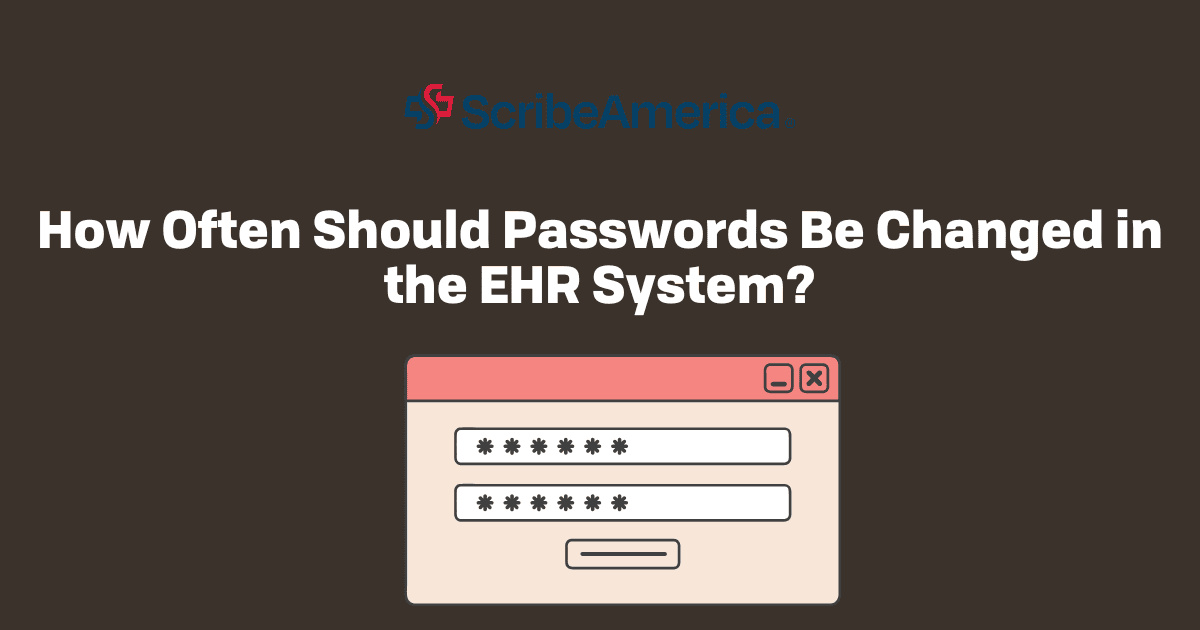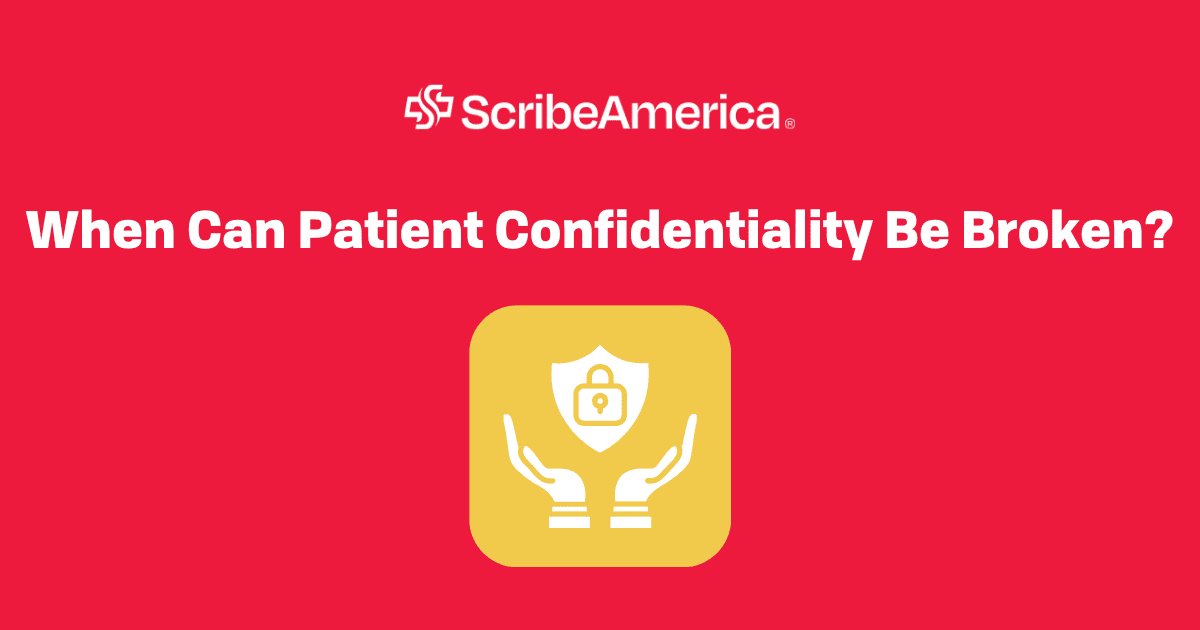Key points:
- EHRs improve quality and safety of care – They give healthcare providers instant access to a patient’s complete medical history, reducing errors, preventing duplicate tests, and supporting faster, life-saving decisions.
- EHRs enhance communication and patient engagement – Through patient portals and shared data, EHRs foster collaboration between doctors and patients, helping individuals better understand and manage their health.
- EHRs support efficiency and preventive healthcare – By centralizing information and tracking health trends across populations, EHRs save time, reduce administrative burdens, and enable proactive, preventive care.
If you’ve ever sat in a doctor’s office and wondered why your physician spends half the visit typing on a screen, you’ve already seen the Electronic Health Record (EHR) in action. At first glance, it might just look like a digital notepad. But behind the keyboard clicks is a system designed to pull together medical stories in a way that paper charts never could. And that’s really the heart of the question: why is EHR important?
Why EHR is important for modern healthcare
Picture healthcare before EHRs. Paper charts sat in color-coded folders, often locked in cabinets. If you switched doctors, someone had to fax your records, if they remembered to. Lab results could take days to arrive. Misplaced files weren’t uncommon.
EHRs flipped that script. Suddenly, your medical history, medications, allergies, imaging, and lab work could be in one digital space. Doctors can see what’s already been done, which tests are pending, and what’s changed over time. That’s why EHR is so important in healthcare – it gives everyone involved a clearer picture, faster.
Let’s make it real. Say a patient with heart disease shows up in the ER, struggling to breathe. Without an EHR, the care team would rely on whatever the patient remembers – medications, past hospitalizations, maybe allergies. With an EHR, the provider has instant access to that entire medical history.
That access changes everything. It reduces dangerous guesswork, prevents duplicate tests, and speeds up decisions that can literally save a life. This is why the electronic health record (EHR) is so important in providing quality patient care. It bridges the gap between history and action in moments that matter most.

What are the advantages of EHR (Electronic Health Records)?
The advantages of EHR electronic health records go beyond emergencies:
- Safety nets built in. EHRs can flag risky drug interactions or remind providers of critical allergies before a prescription is written.
- Time saved. No need to dig through stacks of charts or repeat lab work that’s already been done. Results and updates appear in real time.
- Patients in the loop. Patient portals let people see test results, message their care team, and keep track of their health on their own terms.
- Smarter big-picture care. EHRs don’t just help with individual visits; they allow providers to track patterns across populations, spotting who needs a flu shot, or where diabetes rates are rising.
These benefits translate into fewer mistakes, less waiting, and more informed decisions – things every patient wants when they’re sitting on the exam table.
The role of medical scribes
As you may know, medical scribes act as a bridge between providers and EHR systems, handling the documentation in real time so clinicians can focus on patients instead of keyboards.
So, by keeping the record accurate and up to date, scribes not only ease the burden on providers but also ensure the EHR truly reflects the patient’s story. In this way, scribes directly contribute to quality care by making EHRs more usable during critical moments.
EHRs and the patient experience
One often overlooked impact of EHRs is how they’ve reshaped the patient-provider relationship. Instead of patients leaving appointments with fuzzy memories of what was said, they can log into a portal, see their lab results, check their care plan, and message their doctor with follow-up questions.
That sense of partnership is a huge part of why is EHR important in healthcare. It moves the relationship from “doctor tells, patient listens” to “doctor and patient collaborate.”
And it’s worth remembering that EHRs aren’t just about today’s visits – preventive medicine thrives when doctors can identify at-risk patients early. With EHRs, providers can set reminders for screenings, flag gaps in care, and track outcomes across entire communities. This ability to move from reactive care (“you’re sick, let’s treat it”) to proactive care (“let’s keep you from getting sick”) is why is EHR so important in healthcare for the future as well.
The takeaway
So, when someone asks, “But really, why EHR is important?”, the answer is simple: because it connects the dots. It reduces errors, speeds up decisions, empowers patients, and opens the door to preventive care.
To put it another way, EHR gives doctors the tools to treat patients as a whole person, not just as a symptom on a single visit. They give patients access, control, and peace of mind. And they give healthcare systems the ability to see patterns that lead to better public health.
At the end of the day, the reason why EHR is so important in providing quality patient care comes down to this: better information, shared in smarter ways, makes for better care. And that’s everything a good healthcare clinic and specialist should aim for.
You may also like: 9 tips for efficient EHR documentation.





